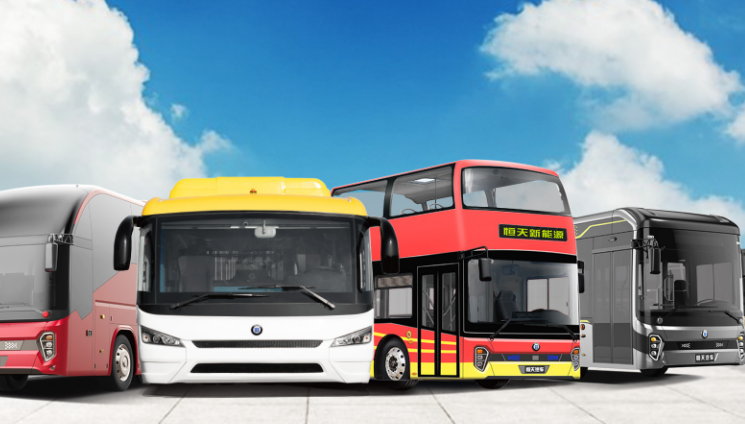KATHMANDU, Sept. 25 (Xinhua) -- Sajha Yatayat, a cooperative-based public transport entity in Nepal, is purchasing 40 electric buses from a Chinese company, a board member of the Nepali operator said Saturday.
"We have selected CHTC Kinwin (Nanjing) Automobile Co., Ltd. to supply the electric buses from among nine bidders -- all Chinese companies," Bhusan Tuladhar, a board member of Sajha Yatayat, told Xinhua. "We have invited the Chinese company to sign a contract by setting a deadline for Oct. 11."
With a six-decade history of providing affordable transport services in Nepal, Sajha Yatayat is seeking to add electric buses to its fleet for the first time, and it invited bids in late March.
Tuladhar said his cooperative would pay around 3.74 million U.S. dollars, excluding taxes and repair and maintenance costs, to the Chinese company for the supply of the buses, with each having 26 seats and space for the wheelchair for the disabled.
Alongside the buses, the Chinese company is expected to provide 20 chargers to ensure a smooth operation of the buses. "Once fully charged, the buses will have the capacity of running 200 km," said Tuladhar.
According to Sajha Yatayat, the Chinese company will provide repair and maintenance services to the buses for five years.
The Chinese company has agreed to supply three buses in 120 days after signing the contract, while the rest will be delivered within 240 days, Tuladhar said, adding all the 40 buses will run in the Kathmandu Valley.
Now running 71 diesel buses, all made in India, Sajha Yatayat failed to operate five electric buses purchased by the Nepali government in 2018 due to multiple factors, including a dispute over specification of the buses, according to Tuladhar.
The Nepali cooperative has no plan to buy buses powered by petroleum from now onward. "Our plan is to go to all electric buses in the next five years," said Tuladhar.
Over an excess production of electricity, the Nepal Electricity Authority has been aiming to sell power to India and promote electric vehicles and electric ovens in Nepal.
For Tuladhar, the bottleneck is the lack of charging stations in the Himalayan country, with the limited number of them concentrated in the Kathmandu Valley. "Charging stations and an unrestricted supply of electricity are prerequisites for promoting electric vehicles in Nepal," he said. Enditem




 A single purchase
A single purchase









